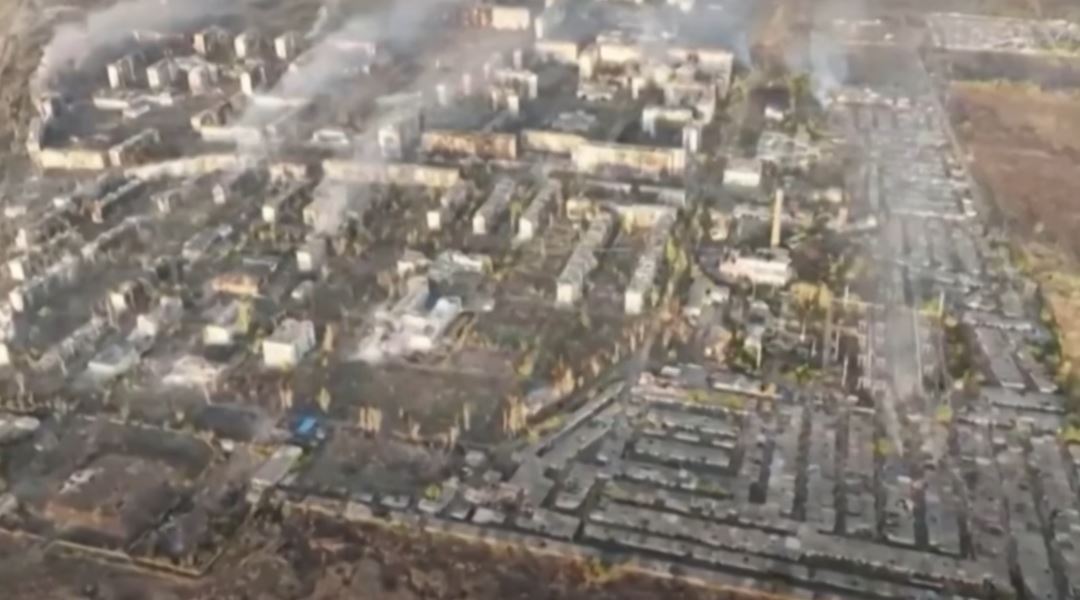According to Arsenii Prylipka, press officer of the 72nd Separate Mechanized Brigade of the Armed Forces of Ukraine named after the Black Zaporozhians, the evacuation of Ukrainian military personnel, especially the wounded, from Vuhledar was carried out under fire and pressure from the flanks. The Brigade did not disclose the number of casualties or its new location.
On 2 October, the “Khortytsia” Operational-Strategic Grouping of Forces reported withdrawing from Vuhledar, Donetsk Oblast. This came a day after the Donetsk Oblast chief stated that over 100 civilians remained in the city, with occupying forces having reached almost the center at that time. By the end of 1 October, the OSINT aggregator Deep State reported that the Russians had captured the city.
In an interview with Radio Liberty, Prylipka described the difficult circumstances of the evacuation. He stated, “The wounded were evacuated, and the conditions were very difficult because the enemy was pressing from the flanks, which greatly complicated logistics. First and foremost, it was about evacuating our servicemen from Vuhledar and from positions to its right and left. But we did evacuate the wounded.” While there were casualties, Prylipka emphasized that by retreating to new defensive lines, they were able to minimize losses. He explained that staying in Vuhledar would have resulted in even greater casualties.
Vuhledar was marked as captured by Russian forces as of 2 October 2024, according to Deep State’s map. Addressing accusations that the order to withdraw from the city came “too late,” Prylipka defended the command’s decision-making process. He stated, “It’s very easy to blame the command for its decisions without being on the ground and not having information about the situation on the battlefield. Obviously, the enemy won’t wait while we find optimal withdrawal routes. They constantly strike, control, and complicate logistics, so decisions are made on the battlefield, so to speak.”
Prylipka also explained why Russian forces had been attempting to capture Vuhledar for two years. He stated that the city’s high ground and numerous multi-story buildings provide advantageous conditions for conducting reconnaissance and firing on the enemy. This makes the capture of Vuhledar beneficial for the Russian occupiers.
Read More @ euromaidanpress.com













